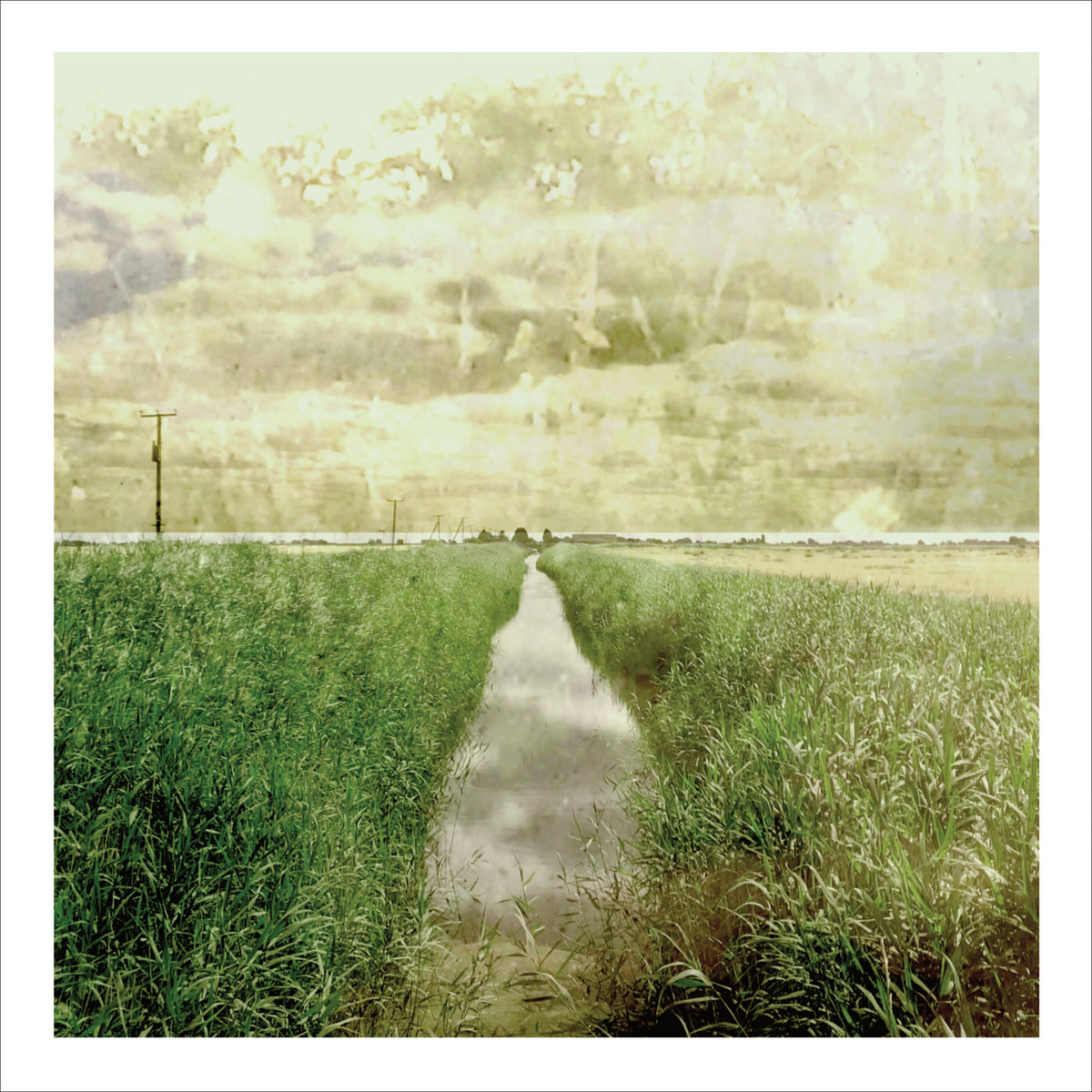Simon Scott, Drummer und Gründungsmitglied der bekannten Shoegazer-Band Slowdive, bringt noch vor der Feiertagen ein neues Soloalbum heraus, dessen stilistische Machart im Grenzgebiet zwischen Ambient, Minimal Music und dem Einsatz von Field Recordings bewegt. “Apart” entstand dieses Jahr unter dem unmittelbaren Eindruck des Todes von Scotts Vater durch Covid 19 und begleitet die Trauerarbeit des Musikers. Eine wichtige Rolle, auch was die Auswahl gesampleter Sounds betrifft, spielt der Besuch von Orten, die in der gemeinsamen Vergangenheit von Vater und Sohn verankert sind. Scott, der neben Slowdive noch in Gruppen wie The Charlottes, Lowgold, Inner Sleeve und Televise gespielt hat, bringt sein mehr als zehn Jahren Soloarbeiten und einzelne Kollaborationen bei remonnierten Labels wie Miasmah, Sonic Pieces, Kompakt und Touch heraus. “Apart” erscheint am 18. Dezember als MC bei 12k, als Download ist das Album bereits erhältlich.
“On 3rd April 2020 my father was pronounced dead from Covid-19. 48 hours after this devastating news I walked through New Decoy, a nature reserve in the Fens, and heard the vocalisation of skylarks. Their songs rang out across the resonant environment, or to use the lexicon of R Murray Schafer, across the ‘soundscape’, as the auditory image created an unexpected multi-species entanglement of sound-meaning correspondence. Self-aware of the decades that had past since visiting the Fens in my childhood in the early 1980’s with my father, the apperception augmented my profound sense of loss.
Helen MacDonald, author of H Is For Hawk, wrote about her experiences of the death of her father, and described how, in moments of deep grieving, she realised one is “clinging to a world already gone” The audition of the skylarks raised multiple temporalities in my consciousness, and connected the bird song to the death of my father through phenomenological turmoil. With urgency to capture this species that is in decline in the UK, and to create an archival audio document before the skylarks disappeared forever, I reached into my backpack and pulled out my portable field recorder and pressed the record button. I also employed underwater recording technology to reveal vibrational phenomena existing outside of commonplace audition. In the studio I composed a piano piece that weaved around the central field recordings of the Fens which I also treated by electronic means to achieve the sound and emotion I felt.” (Simon Scott, April 2020)
